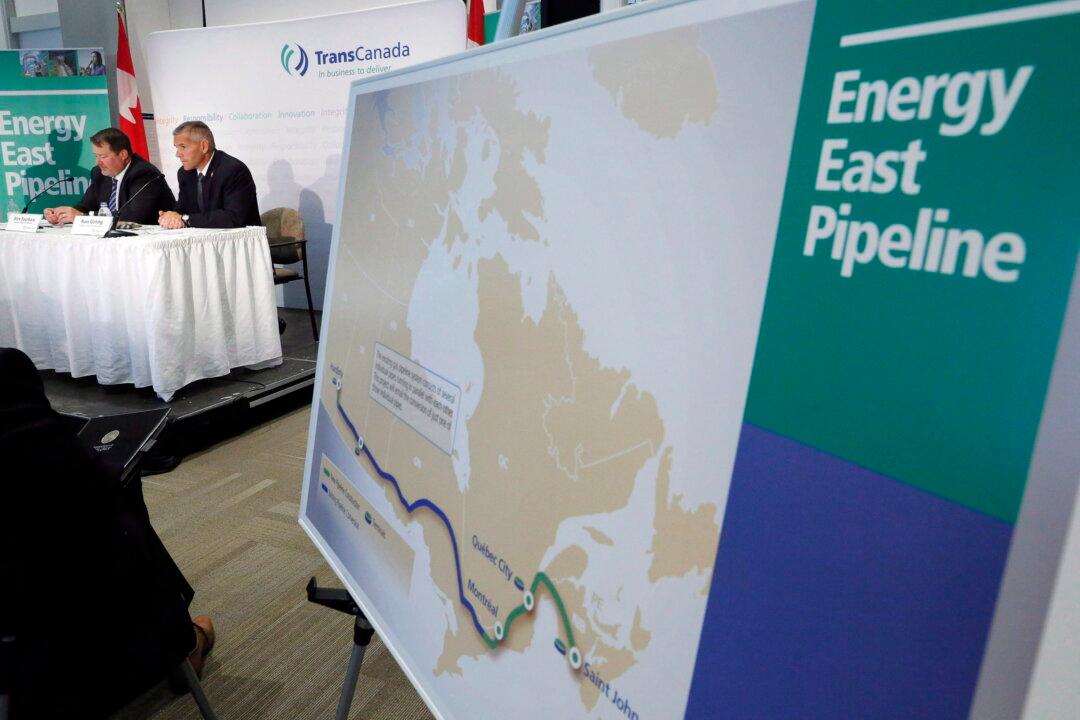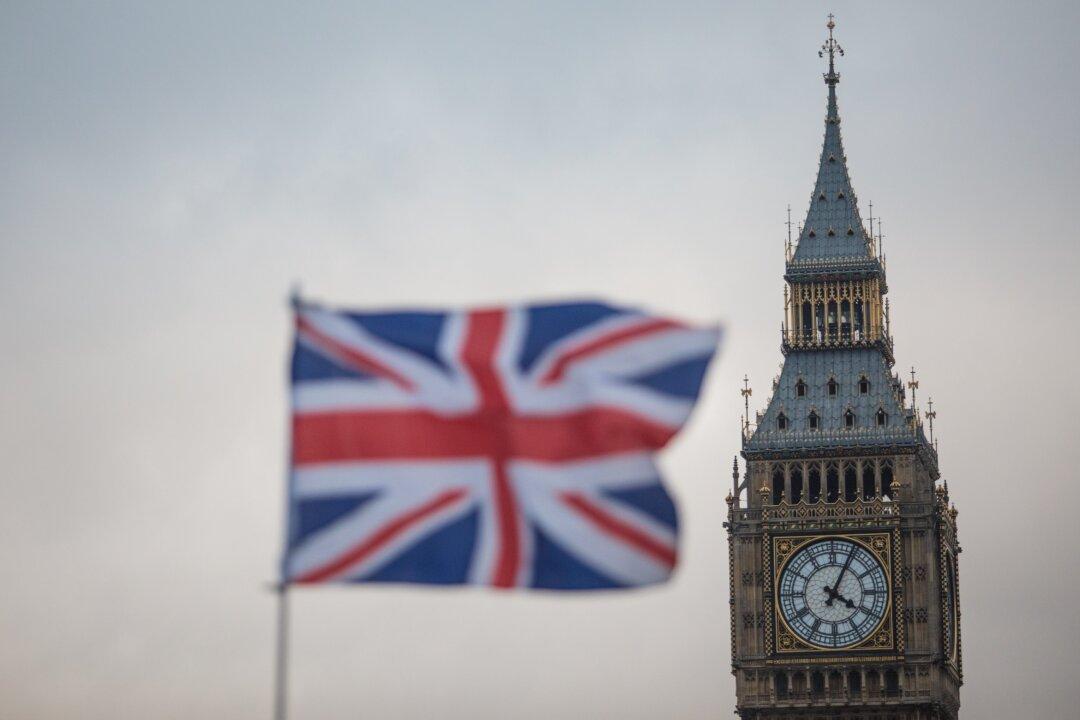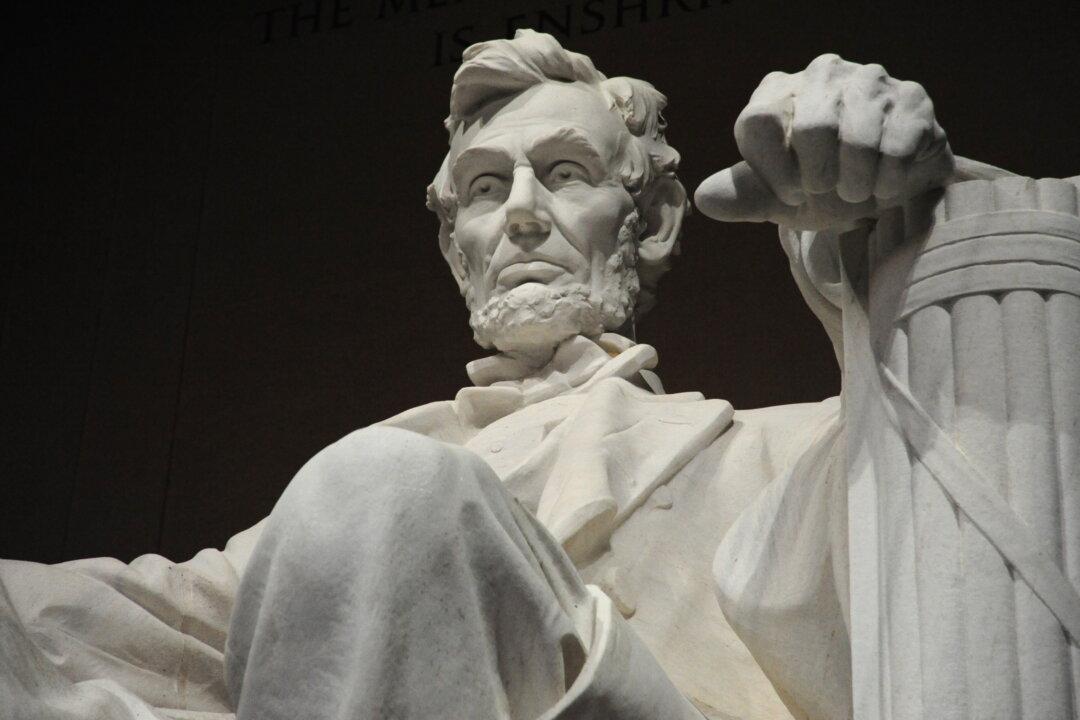Commentary
What started as an offhanded joke by President Trump has acquired a life of its own, mainly as a result of panicky Canadian academics, politicians, and commentators treating it with a seriousness with which it should never have been accorded.





